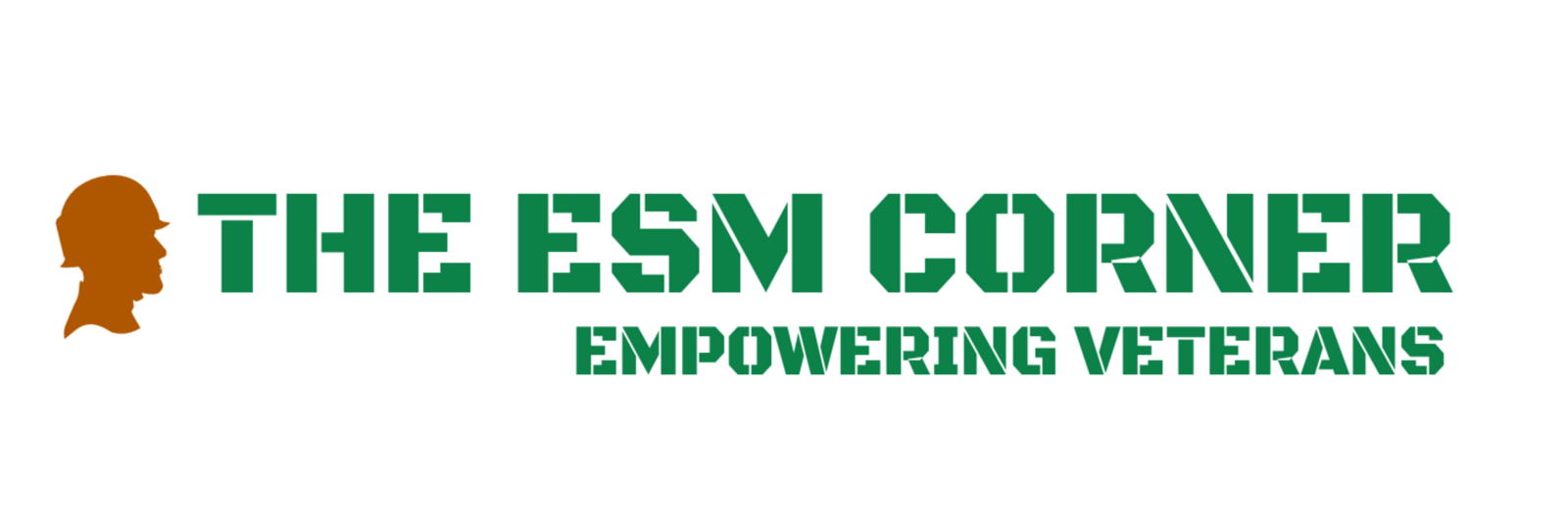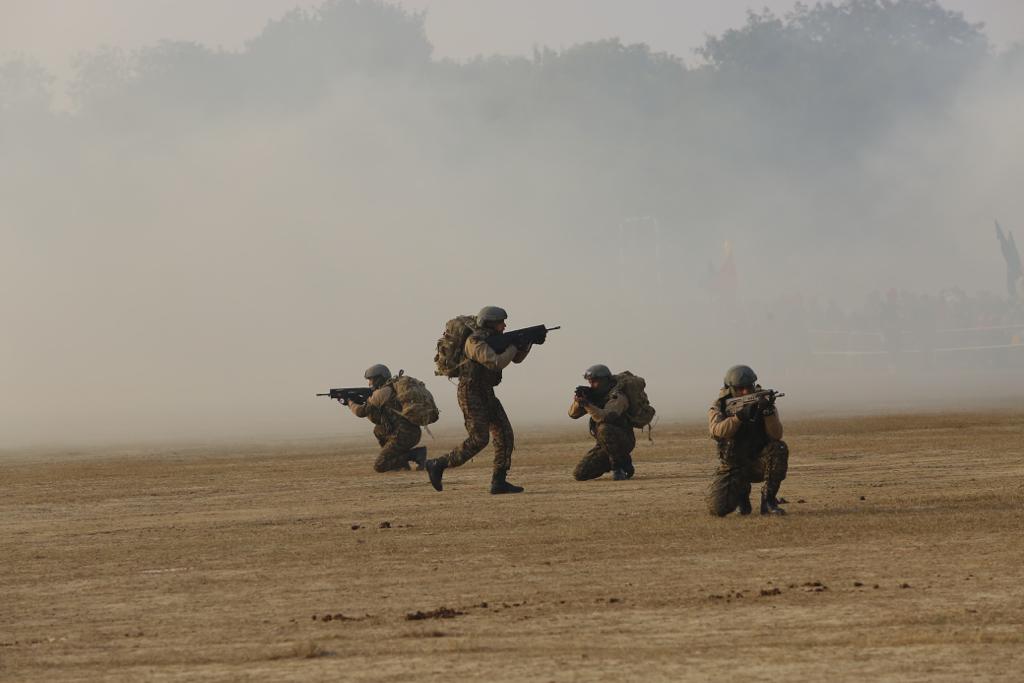
Introduction
Retirement from military life is a huge step that requires good planning. Veterans need to make sure their paperwork is correct to prevent any issues. We have created an easy 25-point checklist for you. This list will show you what mistakes you should watch out for and the problems they could cause. It’s made to help all veterans avoid these common errors for a better retirement.
In the article, you’ll see a clear 25-point checklist of these mistakes and the troubles they can bring, which every veteran should avoid.
Common Mistakes after retirement and Their Implications
Not Registering with the District Soldier Board (ZSB): Failing to register with the ZSB and not having a ZSB identity card can lead to missed benefits and services available to veterans.
Not Updating Permanent Address: If your service record and discharge book does not reflect your current permanent address, it can cause issues with correspondence and benefit disbursement.
Click here to read how to update your ZSB and Address after Retirement
Pension Book Errors: A pension book that only lists your spouse as a nominee for the remaining account balance, without provision for a family pension, can lead to financial difficulties after your demise.
Incomplete Pension Payment Order (PPO): A PPO that does not include your spouse’s name and date of birth is not jointly notified, which means your spouse may not receive a pension after your death.
Discrepancies in Spouse’s Details: Incorrect name or date of birth of your spouse in the PPO, which does not match Aadhaar or PAN card details, can lead to verification issues.
Missing Spouse’s Date of Birth: If the PPO only mentions your spouse’s age or year of birth, it may not be sufficient for processing benefits.
Children’s Details Not Recorded: Not having your children’s correct names and dates of birth recorded in your service records can affect their eligibility for benefits.
Unendorsed Corrections: If you have applied for corrections in your service records regarding your spouse or children’s names/dates of birth and received Part-2 orders or NAVPEN orders, but these are not endorsed in your discharge book by the ZSB, it can invalidate the changes.
No Joint Pension Account: Not having a joint pension account with your spouse, despite having a jointly notified PPO, can complicate pension receipt.
Lack of ECHS Medical Card: Not applying for an ECHS 64KB medical card or not having a temporary slip can deprive you of medical benefits.

Incorrect Aadhaar and PAN Details: Incorrect names and dates of birth on you and your family members’ Aadhaar and PAN cards can lead to identity verification issues.
Unreported Marriage: Not informing your record office of your marriage, especially if it occurred after retirement, can affect your spouse’s eligibility for benefits.
Unreported Spouse’s Death: Failing to inform the record office of your spouse’s death and not publishing a Part-2 order can prevent the nomination of a new beneficiary.
Unreported Second Marriage: If you have remarried and have children from the second marriage, not informing your record office and not publishing Part-2 orders for the second marriage and children can affect their rights.
Second Spouse’s Name Not in PPO: Not including your second spouse’s name in the PPO, even though she is eligible, can deny her pension benefits.
Disabled Child Not Recorded: Not recording the name of your eligible disabled child in service records and PPO can deny them benefits.
No Dependent ID Cards: Not obtaining dependent identity cards for your spouse and children can affect their access to services.
Pension Account Not Converted to DSP: Receiving a pension from SBI but not converting your pension account to a Defence Salary Package (DSP) account can lead to missed additional benefits.
Click here to read more about the benefits of SBI Defence Pension Account
No Checklist for Spouse: Not preparing a checklist of steps for your spouse to take after your demise can leave them unprepared to handle affairs.
Undisclosed Document Locations: Not informing your spouse of the location of important service and civil documents can create difficulties in accessing necessary information.
Unfamiliarity with Important Offices: Not showing your spouse important offices that deal with your post retirement affairs such as ZSB, bank branch, ECHS office, Army Station Headquarters, etc., can leave them unaware of where to seek help.

No Contact List: Not creating a list of important offices and individuals’ names and contact details useful post retirement for your spouse can hinder their ability to reach out for assistance.
Unspecified Nominees: Not mentioning nominees for your pension and other bank/post office accounts can lead to disputes and delays in benefit disbursement.
Undisclosed Access Information: Not informing your spouse about various log IDs and passwords needed to operate your mobile phone, laptop, computer, online bank accounts, financial accounts, and ATM cards can prevent them from managing these assets.
No Clear Will: Not creating a clear will for your spouse and family post retirement can lead to legal complications and disputes over inheritance.
Conclusion
Veterans must take proactive steps post retirement to ensure that all their records are updated and that their families are well-informed about their entitlements and the procedures to access them. Avoiding these common mistakes can save your loved ones from unnecessary hardship and ensure that they are taken care of in your absence. It is crucial to rectify any oversights immediately to safeguard the future of those who depend on you.
For more updates on all post retirement affairs Click here to join our WhatsApp Channel




